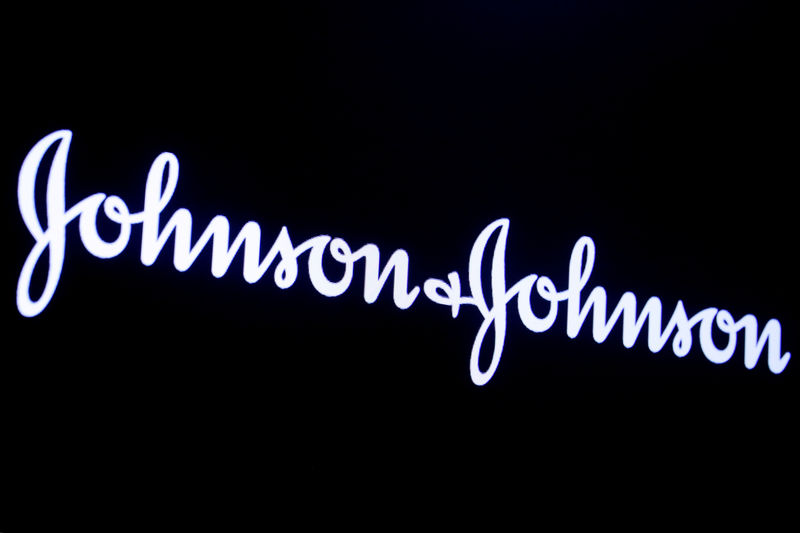(Reuters) - Johnson & Johnson (NYSE:JNJ) has agreed to pay nearly $117 million to resolve allegations that it deceptively marketed transvaginal surgical mesh devices, U.S. state attorneys general said on Thursday.
The settlement resolves a multistate investigation that found J&J violated consumer protection laws by misrepresenting the safety and effectiveness of its devices and failing to sufficiently disclose risks associated with their use, the attorneys general said.
Thousands of women have sued the company and its Ethicon unit alleging that they were injured by its pelvic mesh devices, which are used to treat bladder issues and pelvic organ prolapse, in which organs shift from their normal positions.
The settlement resolves claims with 41 states and the District of Columbia.
The deal does not cover lawsuits over J&J's mesh marketing by four states, California, West Virginia, Kentucky and Mississippi, which remain pending.
A trial in California's case concluded in September, though a decision has not yet been issued. The state of Washington settled a similar case in April for $9.9 million.
J&J in a statement on Thursday said the settlement contains no admission of liability or misconduct on the part of Ethicon.
Earlier this year, the U.S. Food and Drug Administration ordered makers of all implants to immediately stop their sale and distribution amid claims that they caused pain, perforations, urinary problems, bleeding and other serious injuries.
J&J in 2012 stopped selling mesh implants for pelvic organ prolapse, though it continues to market devices for use in treating incontinence.
J&J shares have been under pressure this year, widely underperforming the S&P healthcare sector, as the company faces tens of thousands of lawsuits alleging deceptive marketing and harm from side effects caused by its products, including baby powder, opioid drugs and medical devices.
On Wednesday, two people familiar with the matter told Reuters the company would pay $4 billion in cash to resolve lawsuits seeking to hold it responsible for partly fueling the U.S. opioid crisis.

Last week, a jury hit J&J with $8 billion in punitive damages for a case involving its anti-psychotic drug Risperdal, highlighting the risks an all-or-nothing legal strategy could have.